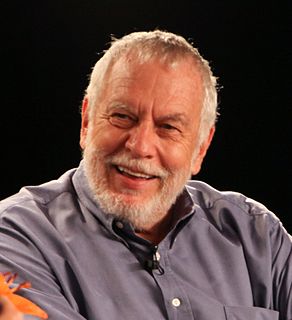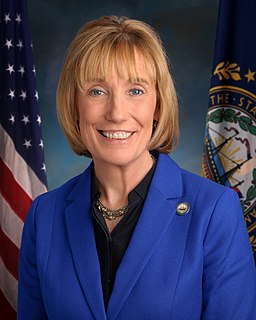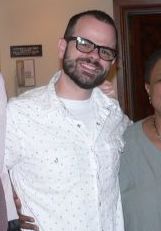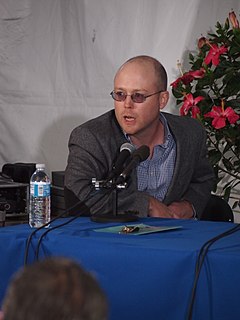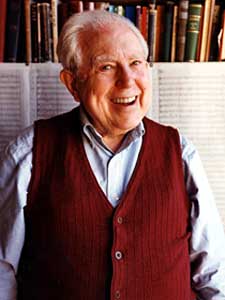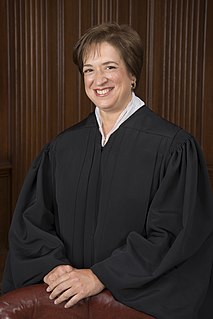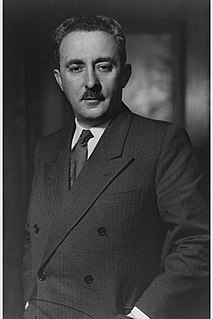A Quote by Bill Bryson
If you drive to, say, Shenandoah National Park, or the Great Smoky Mountains, you'll get some appreciation for the scale and beauty of the outdoors. When you walk into it, then you see it in a completely different way. You discover it in a much slower, more majestic sort of way.
Related Quotes
Sometimes there's a lot of tangents because I forget what I'm going to say so much. Sometimes there's very little tangents and stuff for some reason, and then some nights it's all tangents and I can't find my way, and then sometimes I wind up just talking about something completely extemporaneously and then never mention it again ever. It's just completely different.
Expanding traditional energy sources like large-scale hydropower does not mean just accepting what Northern Pass has put on the table, and no one should accept Northern Pass's assertion that the only way for New England to access Canadian hydropower is to trade away the majestic beauty of the White Mountains.
I'm living in L.A., which is hard to get around. I live way out in the suburbs, it's hard for me to get to town. You get five minutes here, then you gotta drive a half hour to the next one. New York was so much easier for standup because you could hit five clubs in a night. Just jump in a cab, pop. Boom, boom, boom. And you could walk to some of 'em, and work out stuff on the way. You can really get some more traction out there. You could work new material easier out there, I thought.
I write a lot on airplanes actually because it's completely isolating; there's no one to talk to, there's nothing to do. And then I think a lot of it sort of comes out sitting down with the people I'm co-writing with and talking to them about what I'm going through and what I want to say. It just sort of happens; every song came about in a completely different yet organic way.
I am definitely questioning the atonement and trying to discover how we can see it in a different way. We've got this image of God who needs some sort of flesh, some sort of blood, that needs some sort of vengeance to pay for sin. My experience of a loving God who's asked me to love my enemies - this isn't a God that demands something before you are accepted. I think Jesus died because Jesus was inclusive. God is inclusive. I think that the idea of God somehow being separated from us was more man's idea.
The park lies directly downwind from a slew of coal plants. Virtually all of the major contaminants in the local air and water are direct results of coal emissions. Coal produces ozone, which kills trees. Coal produces sulfates, which kill fish. No other park in the country has more ozone or sulfates than Shenandoah National Park.
I think people are great in many different ways. So, I think some justices are great because they have extraordinary wisdom, they have an understanding of how to apply the law in their times in a way that's completely consistent with the text of the law and the purposes of the law, and in a way that's completely right for the times in which they live in.
Japoneese people take themselves very serious and you can see it by everything they do - it's like a different part of the scale or spectrum in being a human, and it's something we're not used to seeing in America. And then when you see it, you do have the moments of infatuation; you get caught up in it, but there's so much more to it.
In New York, I'm playing in a church, solo, doing instrumental stuff. There's talk of doing more, like, installation-type things with some of the specimen horns I've played through. Just filling a room in a museum with these horn-speaker sculptures and then making loops that run all day, and you walk around the room and sort of mix the sound by where you stand. That's all way in the future, but that kind of stuff is a different way of thinking about performing.
At the foot of the mountain, the park ended and suddenly all was squalor again. I was once more struck by this strange compartmentalization that goes on in America -- a belief that no commercial activities must be allowed inside the park, but permitting unrestrained development outside, even though the landscape there may be just as outstanding. America has never quite grasped that you can live in a place without making it ugly, that beauty doesn't have to be confined behind fences, as if a national park were a sort of zoo for nature.

